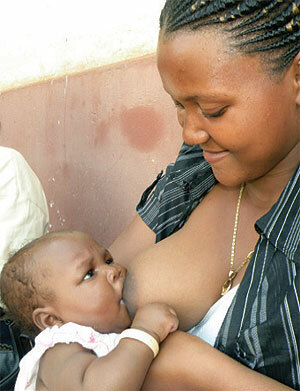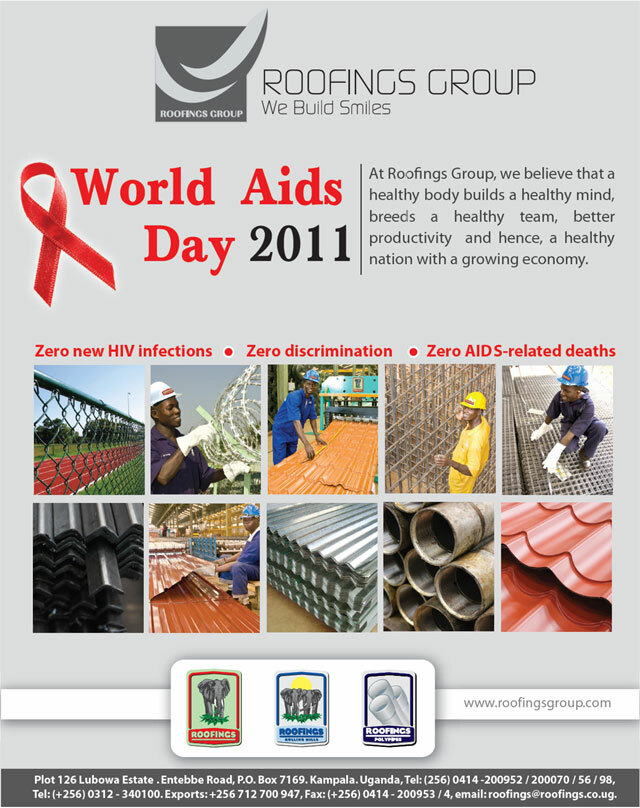What does exclusive breastfeeding mean? World Aids Day Supplement
There is this notion that breastfeeding exclusively means giving breast milk and when the day is hot, give some spoonfuls of water or glucose to the baby.

There is this notion that breastfeeding exclusively means giving breast milk and when the day is hot, give some spoonfuls of water or glucose to the baby.
If you have been doing that or are tempted to do it, note this; that’s called mixed feeding.
Dr. Evelyn Nabunya, an obstetrician and gyneocologist with Mulago Hospital says exclusive breastfeeding is feeding the baby on breast milk only. It is giving of breast milk without any artificial feeds or other feeds.
“When we talk of exclusive breastfeeding, not even water is given. Breast milk is full of all nutrients that the baby needs, in the right concentrations. Even water is there in the right proportions to quench a baby’s thirst,” says Nabunya.
Nabunya explains that feeding a baby on anything else other than breast milk causes changes in the lining of the baby’s intestines which remove the protective barrier.
And in a case where the mother is HIV positive and breast feeds the baby when the barrier is removed, the virus will seep through the damaged lining since breast milk contains the virus.
Exclusive breastfeeding is recommended by the Ministry of Health at least for the first six months.
It ensures the baby grows healthily and bonds with its mother. Breastfeeding is cheap compared to other feeds. It also contains protective antibodies.
Why do mothers opt to do mixed feeding even when they are HIV positive?
Nabunya answers that it is stigma that makes them do mixed feeding.
If a mother is with other mothers and does not bring the baby to suckle the entire time, she will be perceived as being HIV positive. Nabunya says if a mother is HIV positive, it is ideal not to breastfeed at all.
How to breastfeed
When the baby is placed on one breast, let it suckle until the breast is empty. And when you next have to feed, start with the breast that was not fed on before.
Dr Jolly Nankunda, a consultant pediatrician at Mulago Hospital, says when you start breastfeeding the first milk that comes out is rich in colostrum and will quench the baby’s thirst. The next that comes out has fat to fill the baby and satisfy it.
